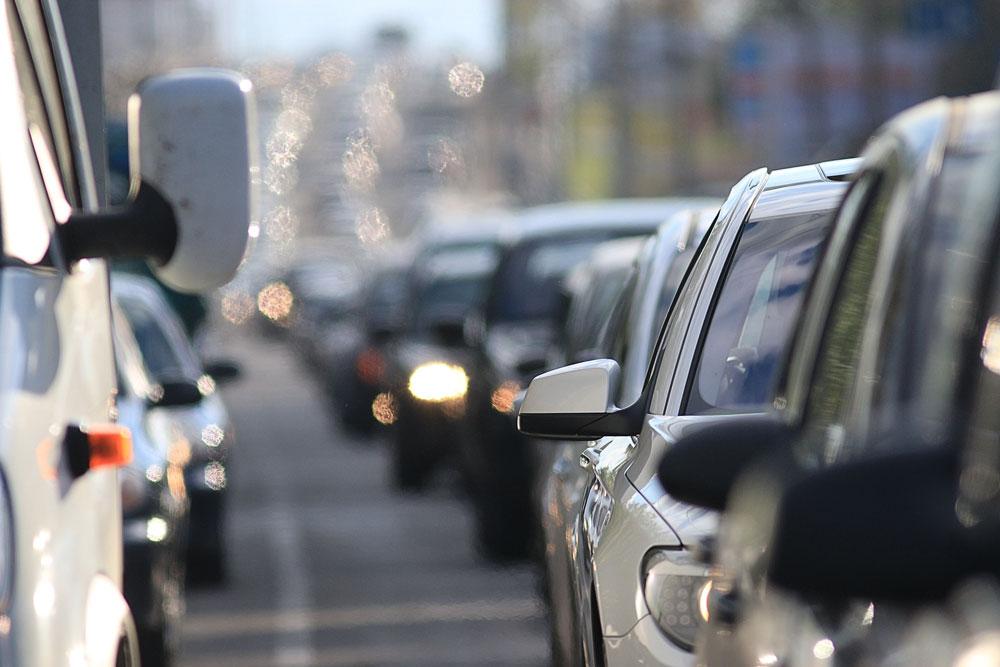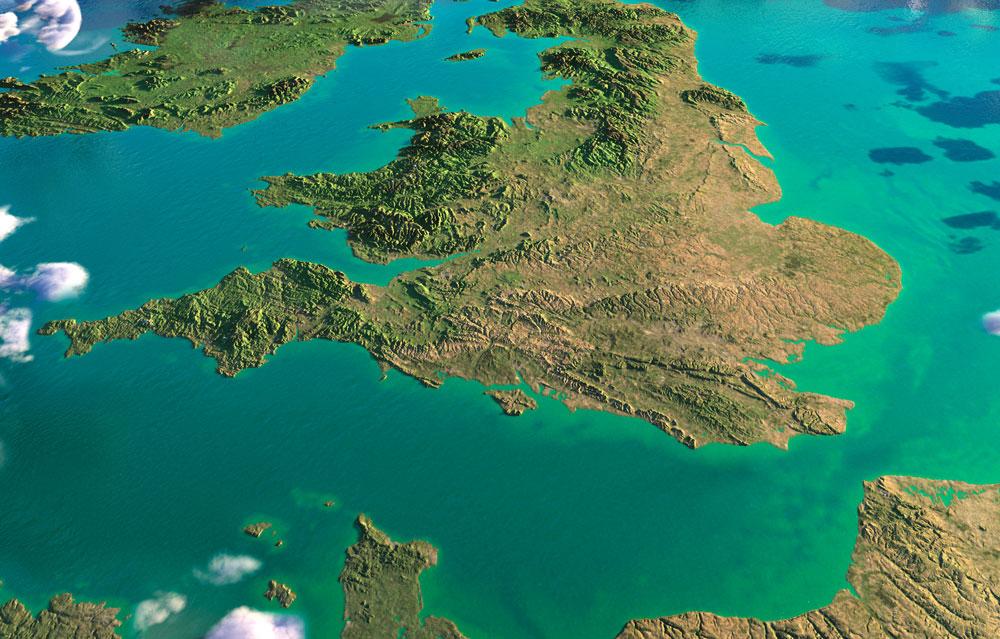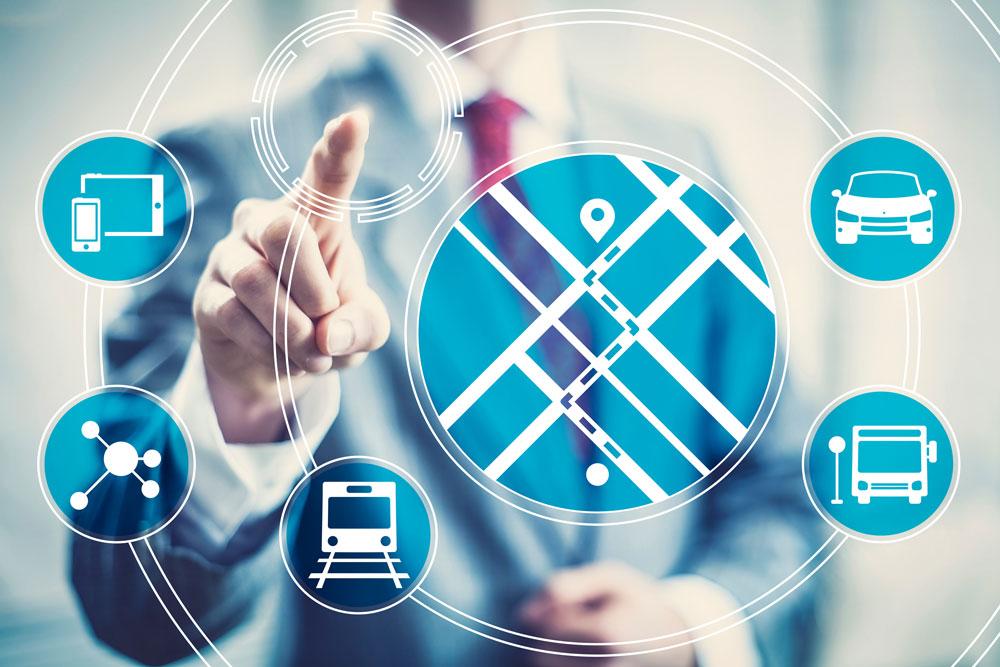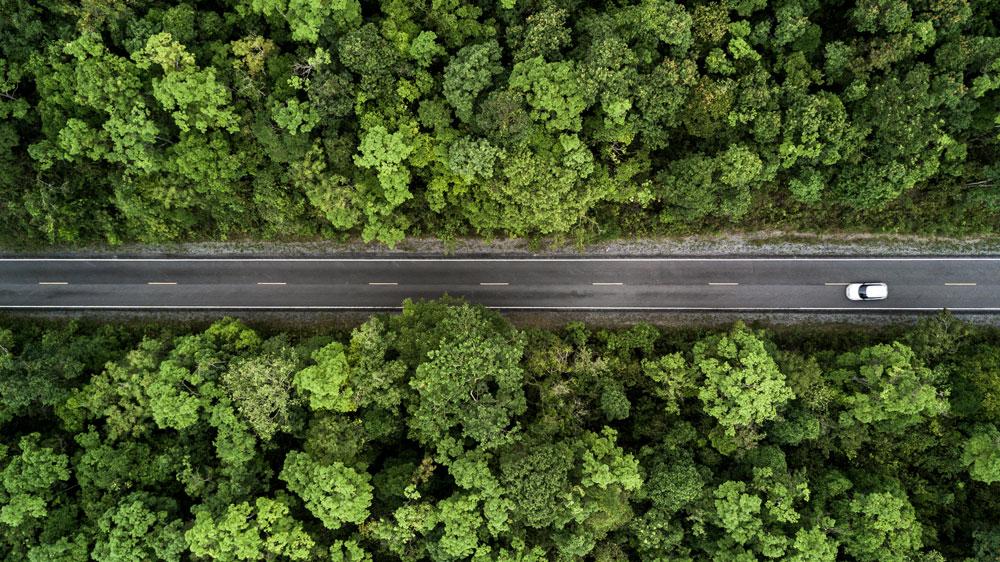Kia Corporation has set out its vision to become a truly sustainable mobility solutions leader, announcing a commitment to achieve carbon neutrality by 2045, based on three key pillars – ‘Sustainable Mobility’, ‘Sustainable Planet’ and ‘Sustainable Energy’.
The pillars will guide Kia in its efforts to reduce carbon emissions in all operational facets, from supply, logistics, vehicle production and vehicle use through to disposal of waste. By 2045, Kia plans to reduce 97% of the company’s 2019 level of carbon emissions. The company will attain carbon neutrality by implementing additional measures to fully offset its remaining carbon emissions.
“For us, it is not only about setting goals and reaching targets. It is about setting a vision that will inspire others to join the movement to benefit humanity and protect the environment,” said Hosung Song, President and CEO of Kia. “In line with our vision of becoming a sustainable mobility solutions provider, we commit to achieving carbon neutrality by 2045.”
Kia also previewed the Concept EV9 ahead of its AutoMobility LA reveal. The battery electric vehicle (BEV) concept embodies Kia’s commitment to achieving carbon neutrality.
Kia aims to fully electrify its vehicle line-up in Europe by 2035. From 2040, Kia’s line-up in key markets around the globe will also exclusively consist of electrified models, realising zero emissions during daily vehicle use. It is at this stage in the vehicle’s life where Kia will make huge strides in dramatically reducing the single largest culprit of carbon emissions.
Kia is also working with its suppliers to reduce carbon emissions from the parts supply stage. Kia aims to create a carbon emissions monitoring system for its partner companies by 2022 and will provide solutions to its suppliers based on the resulting data. A key element to this plan is the use of ‘green steel’, as the steel industry has traditionally been one of the biggest global carbon emitters.
Kia will also initiate a ‘Blue Carbon’ project to proactively make a tangible contribution to preserving the environment instead of just reducing emissions to achieve its carbon neutrality target. The project will focus on marine ecosystems which are one of the most efficient absorbers of carbon.
To boost the amount of blue carbon, Kia will restore and preserve Korea’s coastal wetlands in collaboration with external partners. As a part of the endeavor, Kia plans to discuss specific project opportunities with the Korea’s ministry of Oceans and Fisheries. Korea has one of the most extensive tidal mudflat environments in the world, making it advantageous for an increase in the level of blue carbon.
In an effort to build a sustainable future, Kia will also work with ‘The Ocean Cleanup’, the non-profit organization developing and scaling technologies to rid the world’s oceans of plastic.
The company also plans to implement plastic recycling processes during the vehicle disposal stage. Once established, the process will increase the re-use percentage of used batteries and plastic. Furthermore, Kia is planning to conduct pilot projects on second-life battery energy storage systems (SLBESS) with external partners from 2022.







